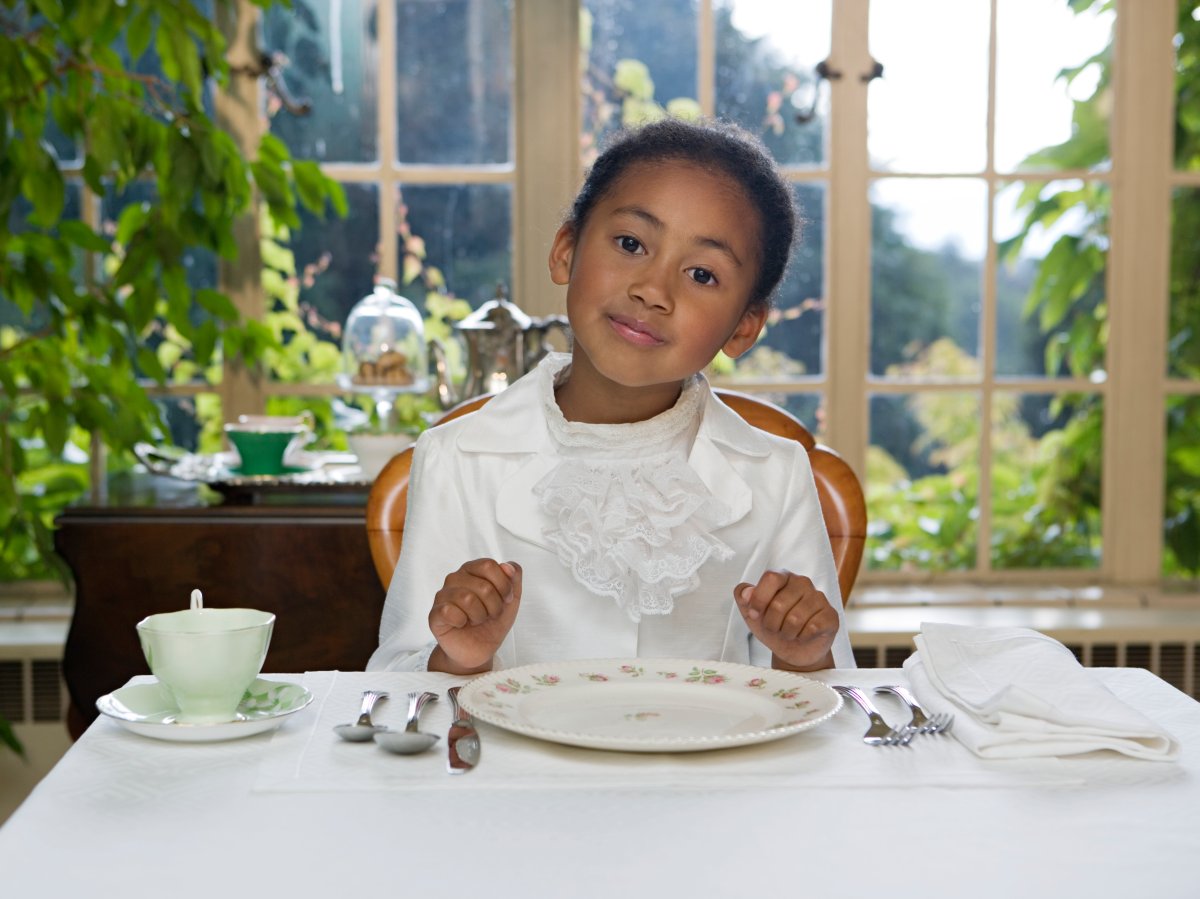Among the first things many parents teach their children is how to be polite. “Please,” “thank-you” and “sorry” are important words (and sentiments) for kids to learn, but that shouldn’t come at the cost of their own voice or their safety.

WATCH BELOW: Girl Scouts tell parents: Stop forcing kids to hug relatives during holidays

“We want kids to have good manners, but they don’t have to be patsies,” says Kathy Lynn, a B.C.-based parenting expert and Canada’s leading speaker on parenting issues. “We don’t want them to be pushovers who automatically say yes to things that they shouldn’t be saying yes to.”
The dangers of being too polite
This is as much about their self-assurance as it is about their safety. In November, the Girl Scouts wrote a blog post urging parents to refrain from forcing their children to hug a relative if they didn’t want to. They argued that while the going attitude is that a child’s refusal to hug or kiss a relative is perceived as rude, respecting that decision will go a long way to teaching kids lessons in consent.
- Canadian man dies during Texas Ironman event. His widow wants answers as to why
- Several baby products have been recalled by Health Canada. Here’s the list
- ‘Sciatica was gone’: hospital performs robot-assisted spinal surgery in Canadian first
- Do Canadians have an appetite for electric vehicles? Experts are divided
“Think of it this way, telling your child that she owes someone a hug either just because she hasn’t seen this person in a while or because they gave her a gift can set the stage for her questioning whether she ‘owes’ another person any type of physical affection when they’ve bought her dinner or done something else seemingly nice for her later in life,” the post reads.
The message was met with a considerable amount of backlash, ranging from people who didn’t see how the experience could inform their children’s decisions later on and those who simply believe that affection always needs to be expressed physically. However, Lynn says, it comes down to respect and knowing how to convey the message in a manner that’s firm but friendly.
“Good manners and politeness are about respecting yourself and others, as is the ability to say no,” she says. “We have to teach our kids that they always have a right to say no, and that they can be both polite and assertive.”
READ MORE: How to raise a boy in the era of #MeToo
What can parents do
To do this, parents need to teach it through role modelling and open conversations. Young children are constantly looking to their parents for cues on how to act, which is why behaviours at home need to set the right example. If one person is asking another person for help doing something, are they politely asking or barking a command?
Lynn also says it’s important to walk kids through scenarios in general conversation — the age-old question, “If all your friends jumped off a cliff, would you do it, too?” has merit.
“You can ask: ‘If Joey asked you to throw a rock through the window, how would you respond?’ You’re then having a conversation with your child about knowing how to be polite and responding positively, while standing up for what they know is right.”
Proper communication is the key to getting their message across, although it’s a skill that may be waning in this digital age where kids are more apt to convey their feelings with an emoji than with actual words. But knowing how to say no without being rude is the foundation for good manners.
READ MORE: Dating in the #MeToo era can mean more confusion over consent: experts
“Good manners are a habit. It’s a question of teaching them when and how to say no so that they’re not dismissive but they stand up for their rights.”
Lynn says conveying the message of “no” through polite and even friendly words and conversation will lay the groundwork for positive interactions with others, as well as respect for themselves.
“Teaching your kids to be polite is teaching them how to be a civilized human being who can show empathy for others. But they also need to learn that they always have the right to say no.”






Comments